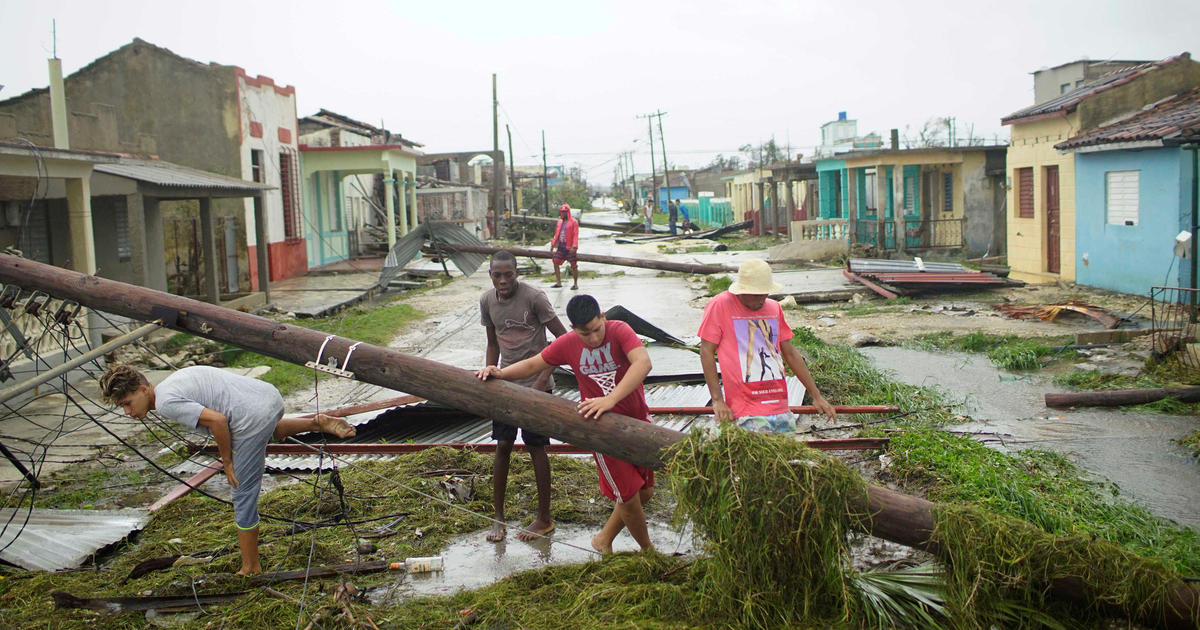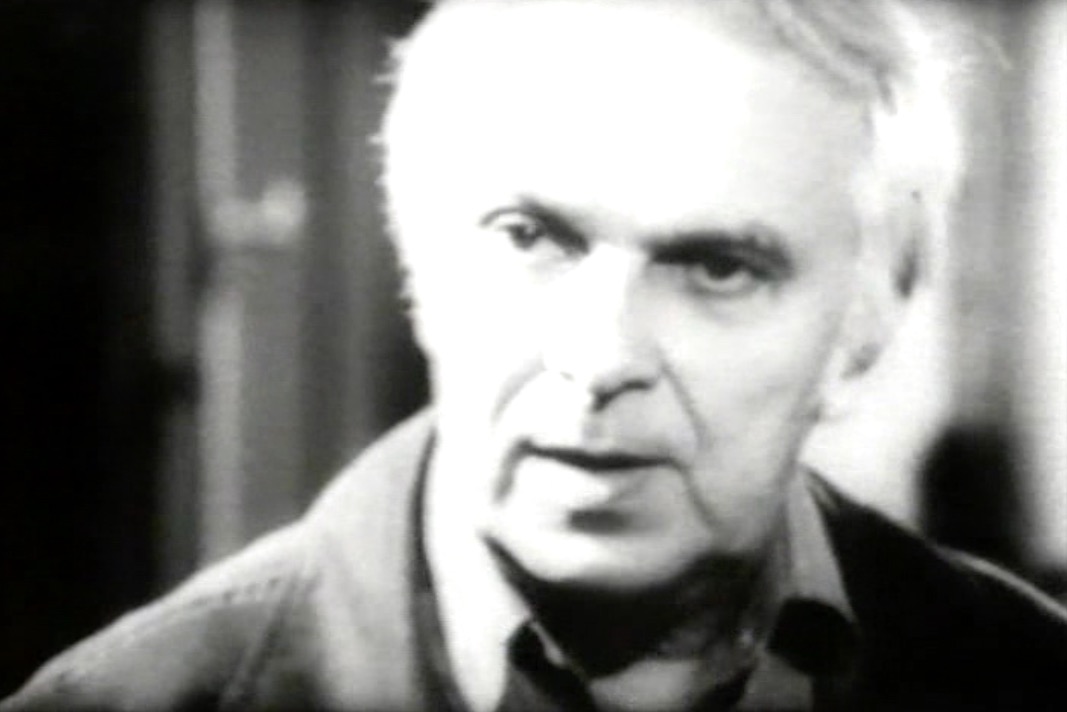PUTNEY DEBATER
A personal blog
A film about ecology in Cuba
Living Between Hurricanes is the title of a new documentary which I begin shooting this month in Cuba with Jean Stubbs and Jon Curry-Machado of the Commodities of Empire research project at the Institute of Latin American Studies. Funded by an AHRC Research Networks grant, the film explores the impact of a history of extreme weather events on the economy and the environment in and around a coastal community that was devastated by Hurricane Irma in 2017.
29th March +2
What I’d like to see is Article 50 being revoked, but I don’t expect that to happen yet, if at all. So we need something to happen this week to persuade the EU to grant a long extension. (That of course should include elections to the European Parliament in May, which is only correct.) Reports suggest that even at this late stage the EU would ideally like to avoid a no-deal Brexit, so the question is what would persuade them to grant a further extension, to which the general answer is surely any significant change of position or circumstances.
One thing could be a majority on Monday in the Commons for one alternative or another, preferably together with a second referendum, because of course there should be a people’s vote, anything else would be less than democratic. 
Happy Birthday Santiago Alvarez
Happy Birthday Santiago Alvarez
Born 18 March 1919, Havana
Died 20 May 1998, Havana
Santiago Alvarez was not speaking metaphorically when he said that the Revolution made him a filmmaker. Before the creation of Cuba’s revolutionary film institute in 1959 filmmaking in Cuba was sparse, and at the age of 40 Alvarez had never made a film, yet he quickly became the boldest of innovators in a decade notable for Cuba’s remarkable contribution to the aesthetic renewal of the medium. Put in charge of the weekly Noticiero (Newsreel), Alvarez reinvented the genre. Instead of an arbitrary sequence of disconnected items, in which the way the world is perceived is hindered by the fragmentation of the way it’s presented, he joined things up into a political argument, or turned them into single topic documentaries. He went on to transform every documentary genre he laid hands upon, from the compilation film to the travelogue, in an irrepressible frenzy of filmic bricolage licensed by that supreme act of bricolage, the Cuban Revolution. He excelled in the montage of found footage. Employing every kind of visual imagery, from newsreel to stills, movie clips to magazine cuttings, combined with animated texts and emblematic musicalisation, Alvarez amalgamated revolutionary politics and artistic kleptomania to reinvent Soviet montage in a Caribbean setting.

